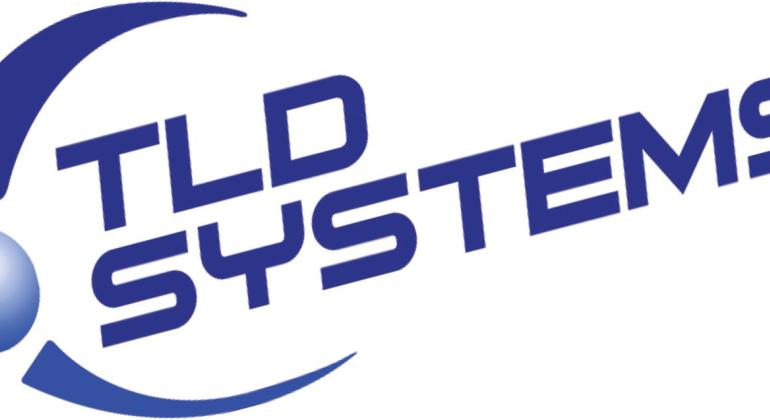A current employee can end up on the exclusions list at any time so it is important to regularly check to see if they are on the exclusions list.
The Office of Inspector General (OIG) can ban certain people and organizations from participating in federally funded healthcare programs. These banned individuals and entities are listed in the List of Excluded Individuals/Entities (LEIE). Healthcare providers must check this list to avoid hiring or contracting with someone who is not allowed to participate.
Exclusions can be mandatory (for serious issues like fraud) or permissive (for less severe offenses, such as some misdemeanors or poor-quality care).
Compliance Impact
If a healthcare organization hires or contracts with someone on the LEIE, any services that person provides cannot be billed to Medicare or other federal healthcare programs. If the organization still submits those claims, they become false claims.
Submitting claims for services provided by an excluded person—whether the provider knew or should have known about the exclusion—can lead to major penalties, including large fines and possibly criminal charges.
Federal law clearly states that no payment can be made for services from an excluded individual. Billing for these services is not only a false claim but also involves creating a false record or statement, which violates the False Claims Act.
List of Excluded Individuals/Entities (LEIE)
The LEIE is the official OIG database that lists people and organizations banned from participating in federally funded healthcare programs. Healthcare providers use it to avoid hiring or working with excluded individuals, and the public can also use it to check someone’s status.
Key facts about the LEIE:
- • It shows who is currently excluded and who has been reinstated.
- • It can be searched online and downloaded as a data file.
- • Providers must check the LEIE before hiring or contracting to avoid penalties.
What Providers Need to Know
Screening Requirement
Providers must screen all employees, contractors, and vendors against the LEIE. Applicants and current employees should be required to disclose if they are excluded and notify you right away if they ever become excluded.
What Happens if You Don’t Comply
- • Fines: Up to $10,000 per service involving an excluded individual, plus up to three times the amount claimed.
- • False Claims Act: You may face additional penalties for improper billing.
- • Criminal charges: Possible if the violation involves intentional fraud.
- • More penalties for the excluded person: Their exclusion can be extended.
How Often to Screen
- • Screen at hire and then every month. Exclusion status can change at any time, and monthly checks are recommended by the OIG and often required by payers.
Tips for Searching
- • Check all names the person has used (e.g., maiden or former names), since the LEIE does not link name variations automatically.
Reinstatement
Exclusion does not end on its own. Individuals must apply for reinstatement. They can apply up to 90 days before their exclusion ends, and the OIG will review their case before approving.
Recent Cases: $20,000 Settlement for Hiring an Excluded Worker
On September 29, 2025, AccuCare Home Health Services in Mesa, Arizona, agreed to pay $20,000 to the OIG. The OIG claimed that AccuCare hired a worker who was banned from all Federal health care programs. This worker, a home health aide, provided services that were billed to those programs.
You can access the List of Excluded Individuals / Entities at https://oig.hhs.gov/exclusions/exclusions_list.asp



Read Comments